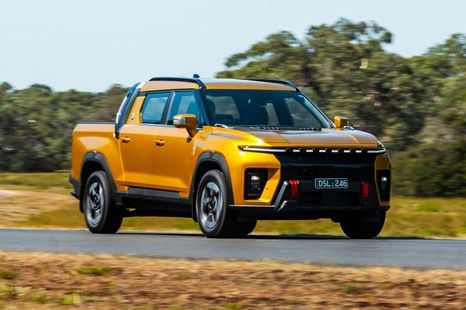

Ben Zachariah
2026 KGM Musso EV review
6 Hours Ago
Carlos Tavares says the EU's move to effectively ban ICE cars from 2035 has potential to cause "serious social problems".

Senior Contributor
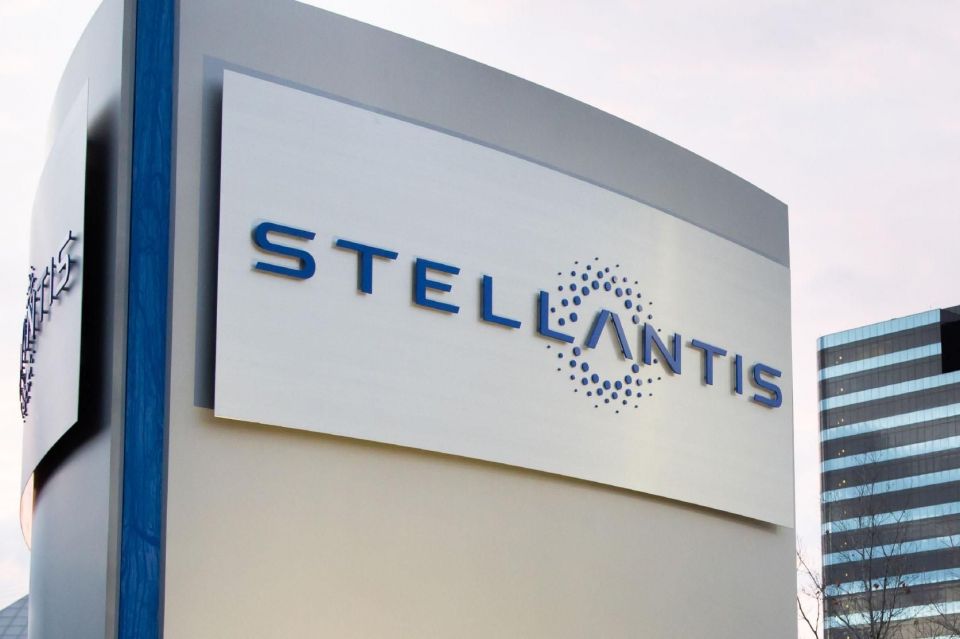

Senior Contributor
The European Union’s proposal to effectively ban the sale of new combustion-engine vehicles from 2035 will have serious social consequences, claims Stellantis chief executive Carlos Tavares.
Speaking in Paris overnight, Mr Tavares said there needed to be more negotiations, suggesting provisions to give hybrids a longer shelf life and thereby transition to EVs in more gradual fashion.
“It’s essential,” he said during a news conference at the Paris Motor Show, when asked if revisions to the mooted ban were needed.
“The dogmatic decision that was taken to ban the sale of thermal vehicles in 2035 has social consequences that are not manageable.”
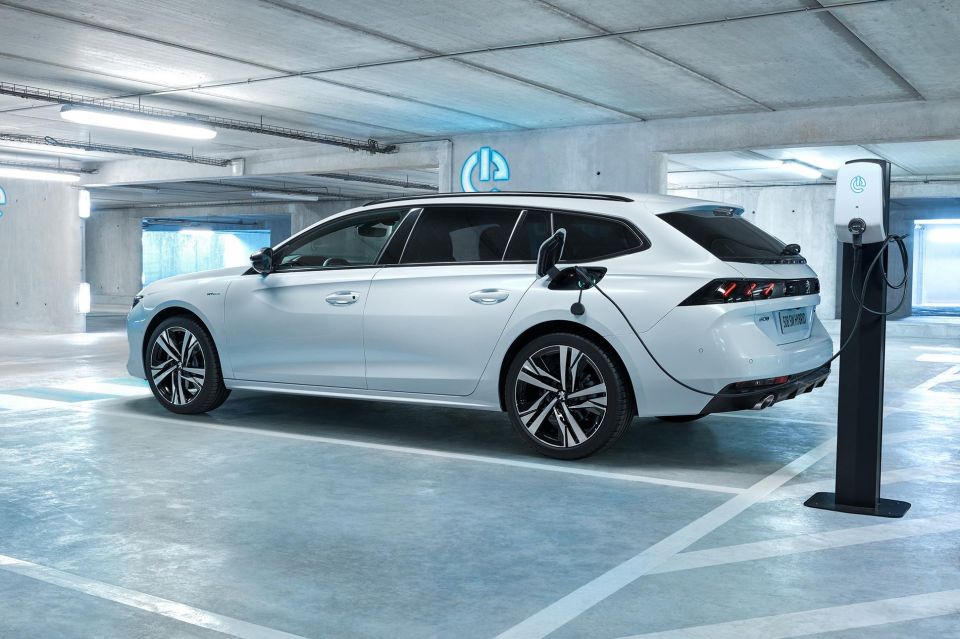
Mr Tavares said a forced transition to EVs would price people out of the market – suggesting a view that battery costs will not reduce enough to get to parity point with ICE.
“If you deny the middle classes access to freedom of movement, you are going to have serious social problems,” he contended, pointing to his company’s electrified hybrids as a middle ground that would still have merit longer-term.
“What we have to offer our European leaders is a transitional solution,” he said, claiming these more affordable models still cut emissions by 50 per cent.
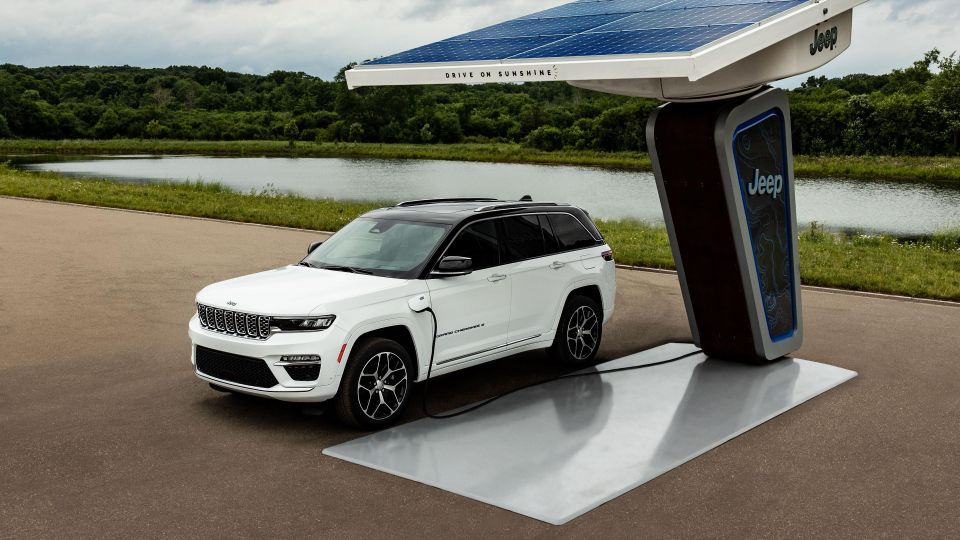
After a marathon negotiation session in June this year, the 27 countries of the European Union agreed to effectively ban the sale of new cars and vans powered by petrol and diesel engines by 2035.
The European Council — a body consisting of the head of government of each EU member nation — has agreed “to introduce a 100 per cent CO2 emissions reduction target by 2035 for new cars and vans”.
It’s likely the final text of laws regarding the phase out of new ICE vehicle sales is still some months away. Agreement on this matter between all the 27 EU member states wasn’t guaranteed with some rumblings of discontent surfacing.
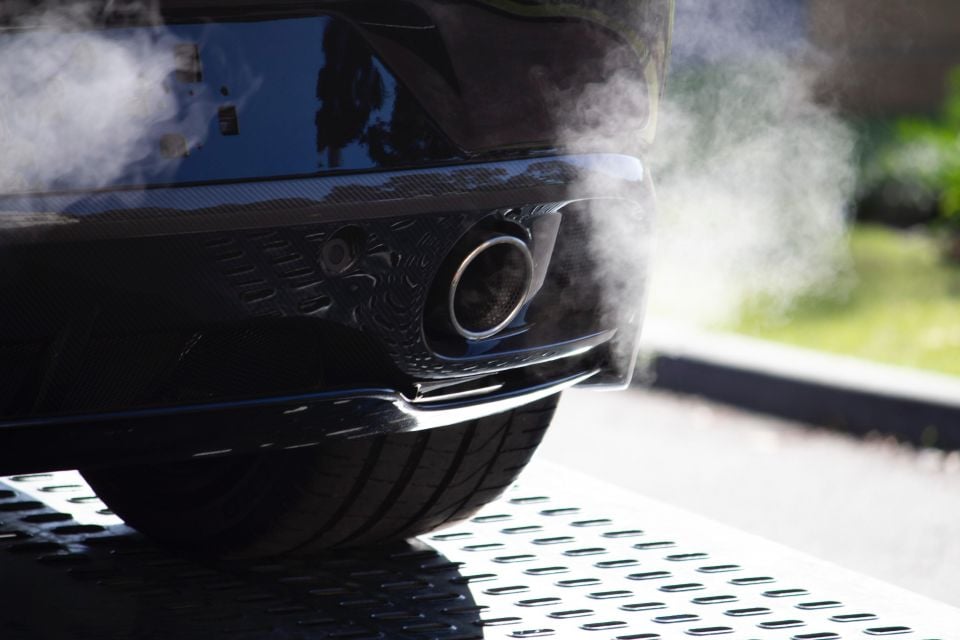
Germany’s finance minister expressed skepticism about the phase-out date and tweeted his support for synthetic fuels, while Italy and four other countries sought to push the ICE phase out date to 2040.
Carmakers and key suppliers have also express concerns that going all-electric will cost jobs, thereby diminishing a vital part of the EU’s economies.


Ben Zachariah
6 Hours Ago


James Wong
6 Hours Ago
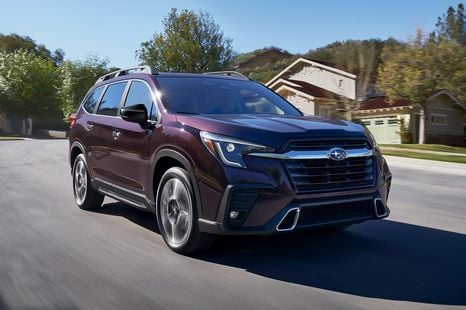

James Wong
6 Hours Ago
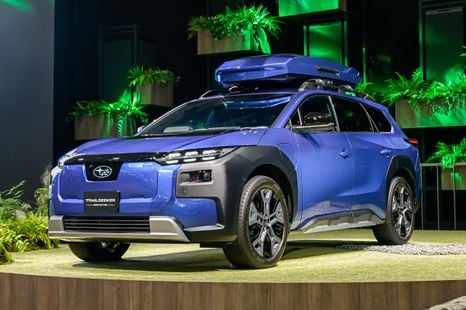

James Wong
6 Hours Ago
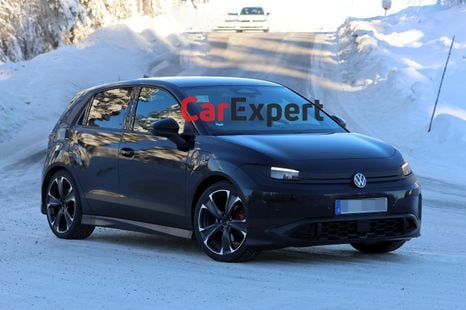

Damion Smy
13 Hours Ago
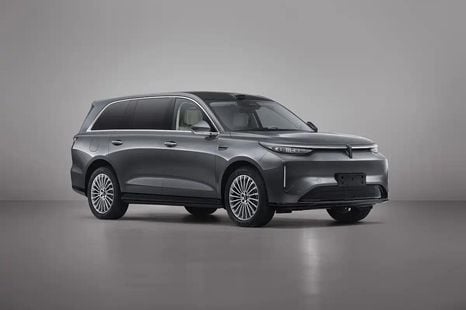

William Stopford
14 Hours Ago
Add CarExpert as a Preferred Source on Google so your search results prioritise writing by actual experts, not AI.